Here’s what the Occasional poetry form is:
An occasional poem is written to comment on or commemorate some special event, especially regarding traditional events and large public gatherings.
Examples of occasions where a poem may be shared include weddings, parties, funerals, victory celebrations, and political speeches.
So if you want to learn all about the Occasional poetry type, then you’ve come to the right place.
Keep reading!
- Schuttelreim Poetry Form: Be a Master in Rhymes
- Diminishing Verse Poetry Form: Spark Fun Verses
- Chant Poetry Form: Harness Your Inner Strength
- Rhymed Poetry Form: Master the Art of Harmony
- Formal Poetry Form: Polish Precision in Poetry
- Metered Poetry Form: Paint Words With Precision
- Lyric Poetry Form: Sing Your Story
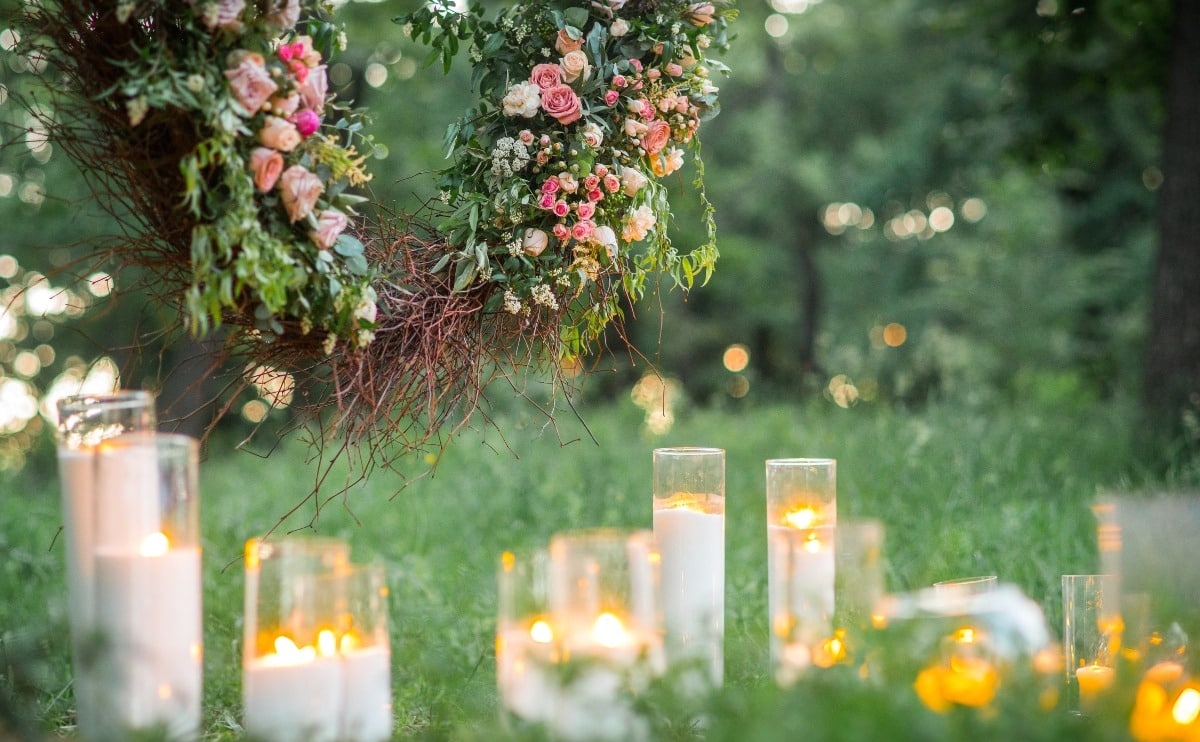
Forms of Poetry: Occasional Poetry

Occasional poetry is an umbrella term referring to any number of poems written for weddings, funerals, major speeches, and other public or private events.
As a general rule, occasional poems are typically written to be read out loud in front of an audience.
This audience may vary from a small family to a gathering of thousands, but the key component of any occasional poem is that it’s made specifically for that occasion, often with no intention for the poem to be used anywhere else afterward.
This is not always the case though, and there are a number of famous occasional poems that were written to commemorate a specific event instead, either to preserve history or to personally offer commentary by the poet.
This article will focus on those poems that are written to be read aloud at special events, but it should be remembered that poems written about events are still considered occasional poems.
Basic Properties of Occasional Poetry
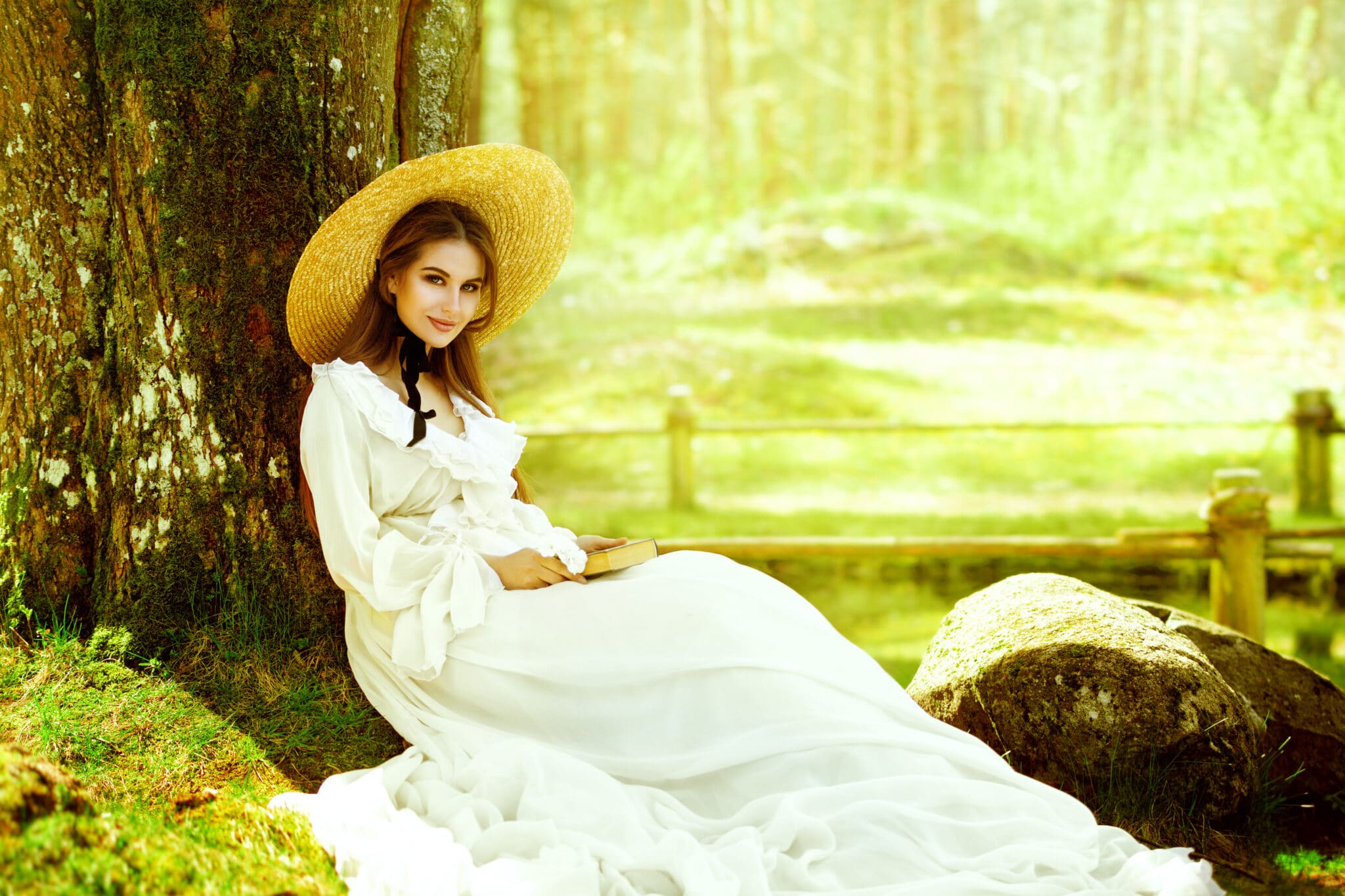
| Rhyme Structure | Yes |
| Meter | Yes |
| Origin | Can be traced as far back as the recorded history of poetry |
| Popularity | Utilized worldwide |
| Theme | Tends to be commemorative, to celebrate various occasions |
Famous Occasional Poems

| Poem | Poet | Subgenre |
| “The Charge of the Light Brigade” | Alfred Lord Tennyson | War poem |
| “The Battle Hymn of the Republic” | Julia Ward Howe | War poem |
| “The Day Lady Died” | Frank O’Hara | Elegy |
| “Praise Song for the Day” | Elizabeth Alexander | Inaugural poem |
| “O Captain! My Captain!” | Walt Whitman | Elegy |
| “An Epithalalium” | Sappho | Wedding poem |
Key Components of Occasional Poetry
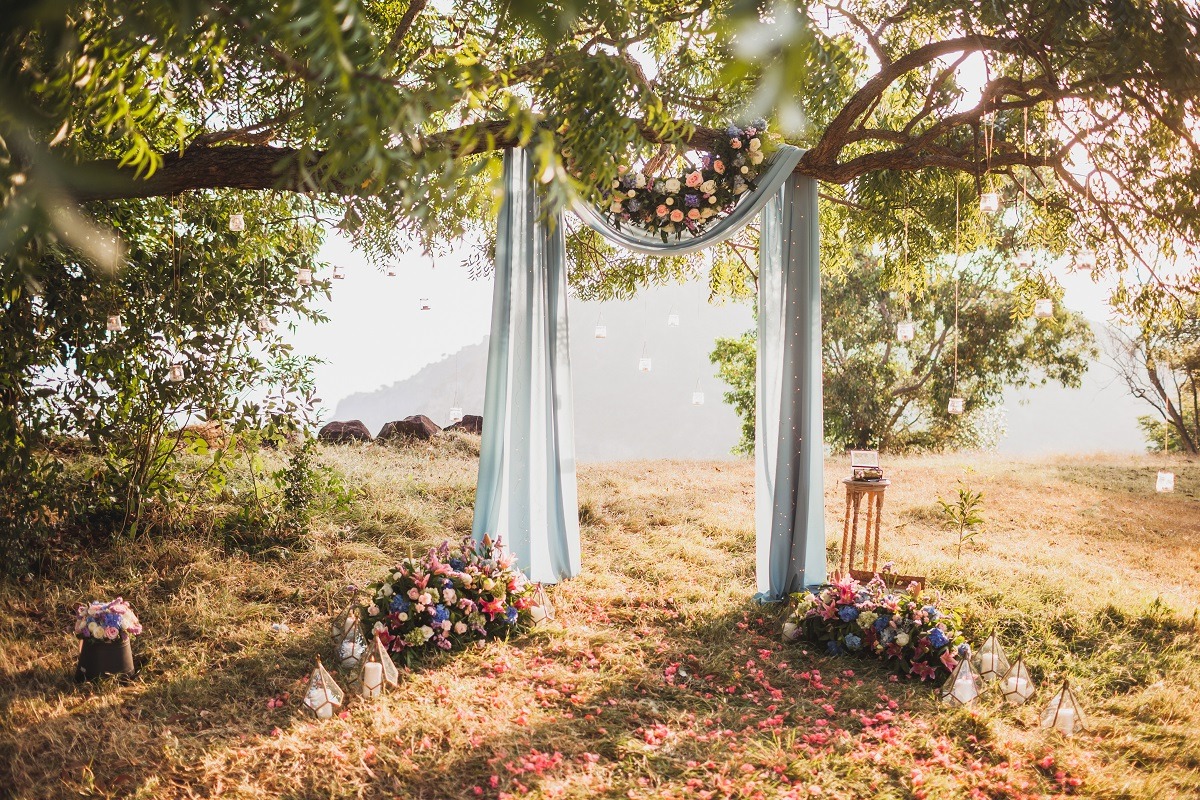
The most obvious component of an occasional poem sits right in the term: It’s for an occasion.
Poetry has a long history of being shared orally in public settings, and while it may not have the same prevalence as it did in the days of bards and troubadours, it still tends to find itself contributing to major events in our lives.
A poem may be shared at a festival meant for a specific holiday, as part of a political speech, at a retirement party as an ode to the departing team member, or for any other number of events ranging from professional to deeply personal.
Because occasional poems are so often written for oral delivery, it’s not uncommon for them to employ phonetic techniques such as rhyme, meter, sound repetitions, etc.
None of these are mandatory, however, and it’s entirely possible for an occasional poem to sound no different than a speech, albeit with more attention to aesthetic.
Occasional poems that are not written for oral delivery may or may not choose to employ any number of techniques and often lack the qualities expected of a public speech.
As such the diction and syntax tends to be more intimate.
While knowing your audience is important in all forms of poetry, occasional poetry typically seeks to strike especially deep chords with the target audience.
It’s not uncommon for an occasional poem to use terms, jargon, and in-jokes that appeal exclusively to the intended listeners.
Additionally, there’s less pressure to make orally presented occasional poems ‘timeless’ than when preparing poems for written publication.
An orally presented occasional poem is meant for that day, in that moment, and as such rarely needs to make concessions to avoid slang, topical humor, or other fleeting references.
Some occasional poems may be explicitly written in the hopes that they’ll be remembered, especially if presented by politicians or celebrities, but the vast majority of occasional poems are recited once and then lost to the passage of time along with the event.
Those occasional poems written for publication rather than oral delivery follow the opposite approach.
Instead of being topical and commenting on current events, an occasional poem written for publication will often make explicit attempts to be memorable, as these poems are frequently written to preserve an event rather than to celebrate the present.
Example of an Occasional Poem

I vow to be your fireplace
when a cold winter blows through.
I vow to devote my everything
to supporting and loving you.
Our children will never want
for I will work hard to provide.
No matter how rough the tides,
I will be standing by your side.
You gave me everything I needed
when you agreed to be my wife.
Though it be a humble compensation,
I offer my heart, my home, and my life.
The above example represents a groom’s vows to his bride, delivered in the form of a short poem.
Occasional poems can be of any length or style but are usually intertwined with some traditional moment for delivering words in a public space.
Their intent is usually to make the moment slightly more memorable and poignant for those involved, with weddings and funerals being the most obvious and common examples.
History of Occasional Poetry
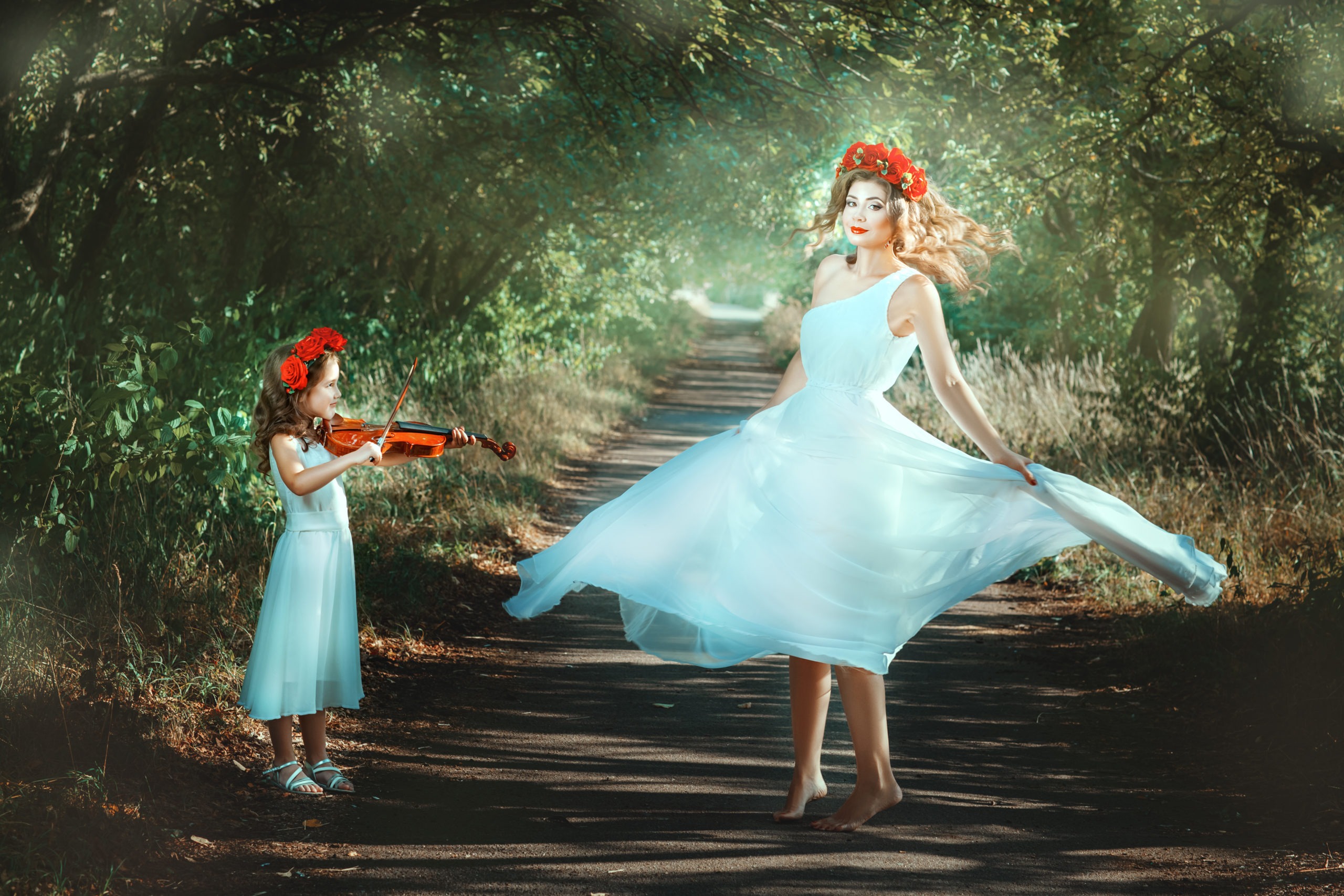
Occasional poems trace their roots about as far back as the recorded history of poetry in general.
The concept of sharing a few words, often in the form of a poem, to commemorate a special occasion is deeply embedded in human society across nearly every culture.
Early examples of occasional poetry tend to be lyric poems, from a time when poetry and music had not completely branched off from each other yet.
They were often written to be delivered with musical accompaniment or to have some form of musicality in and of themselves through the use of standardized forms.
Many subgenres, such as dirges, victory odes, and paeans, are ultimately branches under the umbrella term.
Ancient Greek and Roman culture were especially fixated on occasional poetry, with poems for nearly every major social event.
Ancient poets like Horace and Pindar count some occasional poems amongst their vast repertoires, and they have remained a staple of the portfolios of various poets all the way into the modern era.
Goethe even went so far as to call occasional poetry “the highest kind” of poetry due to its social significance.
Occasional poetry was almost certainly interwoven with the development of poetry even in its earliest stages.
There are famous examples from Chinese, Persian, Arabic, Japanese, Indian, French, German, and Italian cultures, just to name a few.
Occasional poems also remain one of the most enduring forms of poetry during historic periods in which poems are less common or popular.
Poems that are written to honor presidential inaugurations, national or local tragedies, and a variety of festivals and celebrations still factor into modern-day society with extraordinary levels of ubiquity.
If someone who hated reading only heard one poem in their entire life, it would most likely be an occasional poem that they just happened to be present for.
They’re practically an inevitability, despite their transient nature as poems that are often only fully relevant at the initial reading.
Tips for Writing an Occasional Poem

Appeal to the audience and the occasion first and foremost.
Your entire focus as a writer should be on honoring the feelings of those present in a memorable way that helps them to feel some sense of validation and community.
To this end, do not get hung up on any self-mandated ruleset.
If a rhyme scheme isn’t working, change it.
If the meter is too restrictive, don’t use it.
An occasional poem is not a place to experiment with your craft or play with limitations.
It must invariably strive to connect the hearts of all those in attendance in some deep and meaningful way.
If you use imagery or metaphor, make sure it doesn’t overshadow the message of the poem.
An occasional poem is often best when you ‘play it straight’ and stick to simple wordings that your audience will intuitively understand.
For similar reasons, avoid tangents.
A poem for a funeral might include a very brief anecdote that showcases the good character of the deceased, but it must cycle back to broad points that every person in attendance can understand and relate to.
This might make an occasional poem sound impersonal, but it doesn’t necessarily need to be.
Look for common experiences or perspectives that most or all members of your audience will understand.

A gathering of Democrats will expect a different perspective than a gathering of Republicans would, as one example, and the poem should pay homage to those expectations.
Being selected to write an occasional poem is an honor and must be treated as a serious undertaking.
This is your chance to prove that you are capable of doing everything a writer needs to be able to do to succeed and contribute to society.
Knowing the audience, mastering tone and diction, and strengthening human connections to people and events through words are the hallmarks of an excellent writer.
Thus, aim high and write with confidence.
Poet’s Note

Occasional poems are always in demand regardless of the era.
This might sound cynical, but they’re a good source of income for freelancers, so keep that in mind if you’ll be pursuing writing as a profession.
Comprehensive Collection of Poetry Forms: Craft Words Into Art
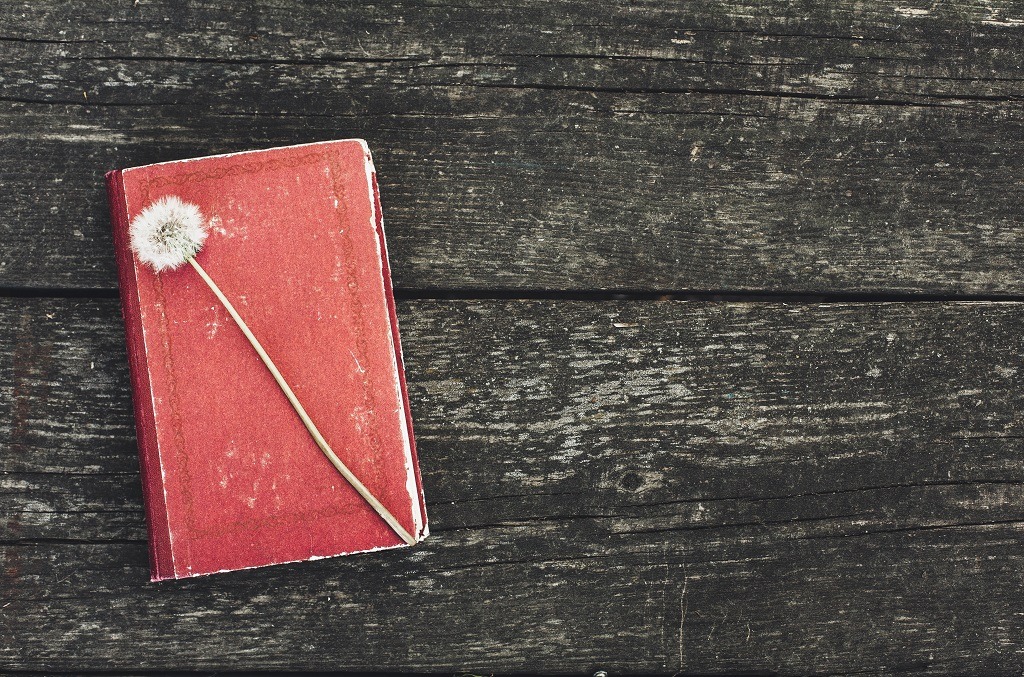
Dare to traverse the entire spectrum of poetic forms, from the commonplace to the extraordinary?
Venture from the quintessential Sonnet to the elusive Mistress Bradstreet stanza, right through to the daunting complexity of Cro Cumaisc Etir Casbairdni Ocus Lethrannaigecht.
For those with a zeal to encounter the full breadth of poetry’s forms, this invitation is yours.
Start exploring the vast universe of poetic ingenuity with our comprehensive array of poetry forms right now!
- Schuttelreim Poetry Form: Be a Master in Rhymes
- Diminishing Verse Poetry Form: Spark Fun Verses
- Chant Poetry Form: Harness Your Inner Strength
- Rhymed Poetry Form: Master the Art of Harmony
- Formal Poetry Form: Polish Precision in Poetry
- Metered Poetry Form: Paint Words With Precision
- Lyric Poetry Form: Sing Your Story
